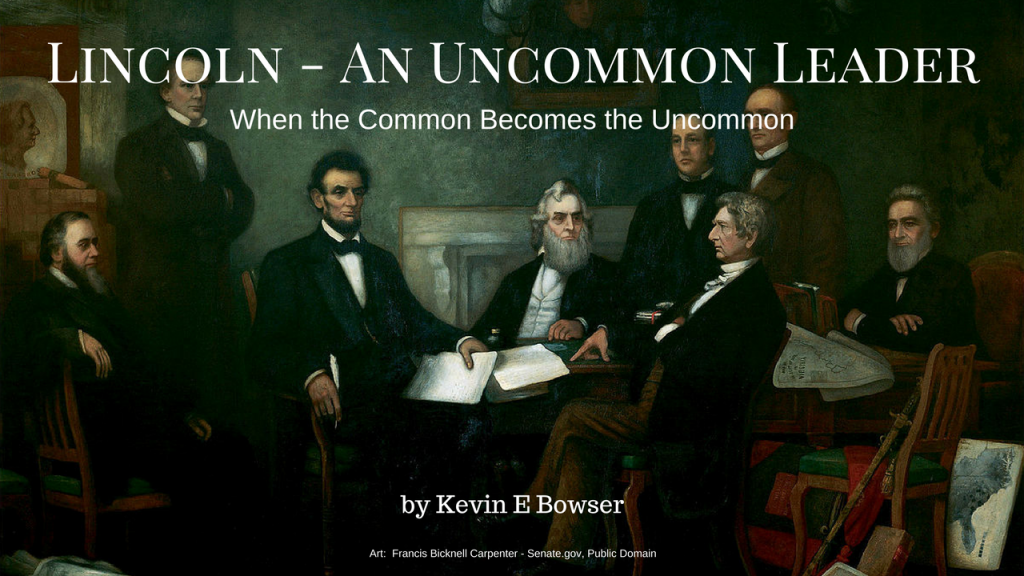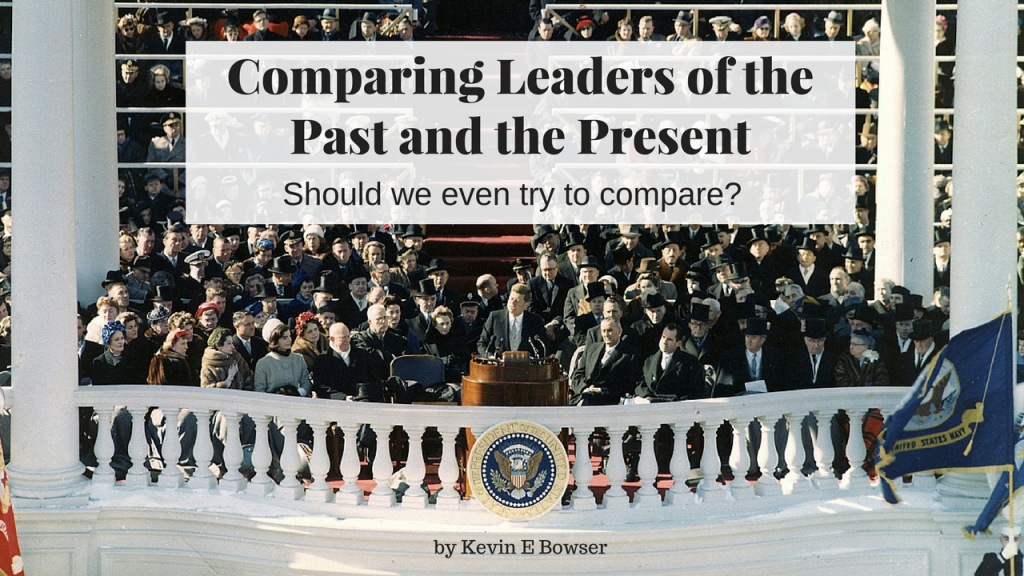I have been thinking a lot lately about conflict and conflict resolution. We are certainly seeing it played out on a daily basis in the news. Although I think we can all agree that some level of conflict is unavoidable, we do seem to have it in abundance and it is coming more and more because we are so polarizing in our communications with those around us. However, how we face it and resolve that conflict says a great deal about our own leadership styles and abilities.
Conflict as Opportunity
Consider the following statement by Warren Bennis, one of the foremost writers on leadership and organizational and management theory.
“Leaders do not avoid, repress, or deny conflict, but rather see it as an opportunity.”
Leaders, this is one of your primary responsibilities. I believe strongly in delegating. But, you cannot delegate this one. Nor can you pretend that conflicts do not occur within your organization. I have spent much of my adult life working in the corporate world during the week and serving in a non-profit and volunteer organization on weeknights and weekends. And conflict is common to all organizations. Yes, even within churches and religious organizations. But you, as leaders, have the responsibility to sense a conflict at its earliest stages and resolve it before it affects the entire organization.
True leaders do not avoid or run from conflict. I am not proclaiming that they go and seek it out or invent it where it does not exist. But, leaders lead in times of calm and in times of conflict. And by the way, while we are on this subject, let’s not just “manage” the conflict, let’s “resolve” it once and for all!
Conflict Resolution is an art as much as it is a science. The goal of conflict resolution is to assess and resolve disputes at the lowest level possible and do so before they escalate into something major.
What is Conflict?
Conflict is fundamentally an indication of a miscommunication that has an enhanced level of emotion attached to it. It could begin as a request for clarification based upon a perception. And, depending on how that clarification is requested, received, and interpreted, it can lead to a conflict.
Conflict and Conflict Resolution Require Emotional Agility
Click here to read the rest of the article »











